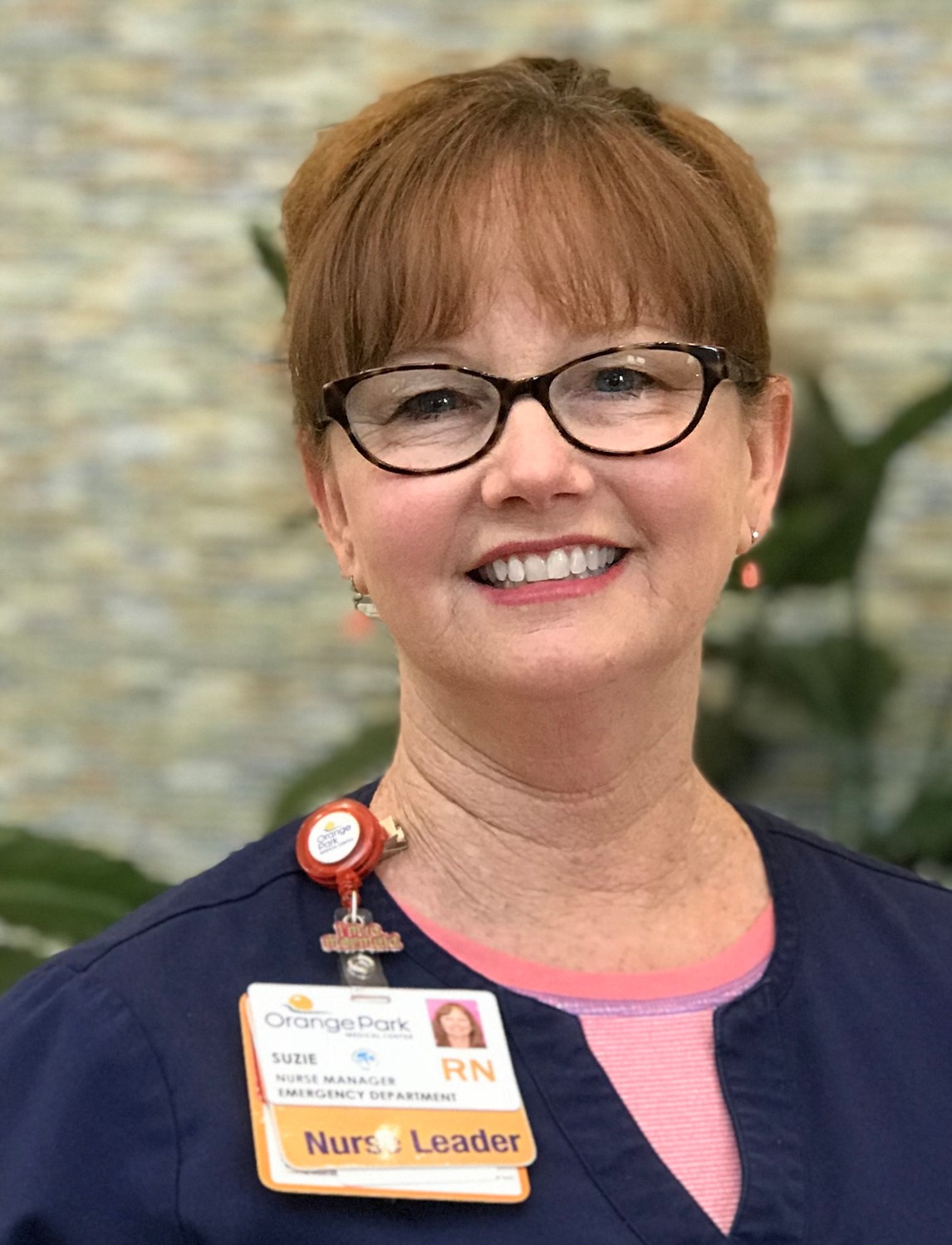Community celebrates organ donation
Although she was reluctant to do it at the time, Suzie Repper went on a motorcycle ride to appease her nagging kids. She had said no to their request numerous times because she knew it was something …
This item is available in full to subscribers.
Attention subscribers
To continue reading, you will need to either log in to your subscriber account, or purchase a new subscription.
If you are a current print subscriber, you can set up a free website account and connect your subscription to it by clicking here.
If you are a digital subscriber with an active, online-only subscription then you already have an account here. Just reset your password if you've not yet logged in to your account on this new site.
Otherwise, click here to view your options for subscribing.
Please log in to continueDon't have an ID?Print subscribersIf you're a print subscriber, but do not yet have an online account, click here to create one. Non-subscribersClick here to see your options for subscribing. Single day passYou also have the option of purchasing 24 hours of access, for $1.00. Click here to purchase a single day pass. |
Community celebrates organ donation
ORANGE PARK – Although she was reluctant to do it at the time, Suzie Repper went on a motorcycle ride to appease her nagging kids. She had said no to their request numerous times because she knew it was something that would simply end badly.
Her gut feeling proved right as the ride ended in Repper receiving serious damage to a knee and a leg.
“By the time I got my MRI, I had ruptured my ACL, torn my meniscus and fractured my tibia and fibula,” Repper said. “The orthopaedic doctor told me I had two choices – surgery or you can let it go but if you choose that, I can’t promise you will be able to do the things you do now.”
The doctor’s words shocked Repper, who currently serves as Emergency Room manager at Orange Park Medical Center.
“’I’m a charter nurse,’ I thought, and you know, you walk in the door and you don’t stop. You go all day and I thought, ‘I want to do that again,’” Repper said. “More than that though, I want to dance again.”
The doctor told Repper that if she wanted to dance again, she would have to get surgery so she did. Her surgery consisted of a tendon and bone graft. Six months later, Repper became the ER Manager. Today, she still serves as the ER Manager and dances any moment she can.
Today, Repper also openly talks about organ and tissue donation from a personal standpoint. On April 5, she helped kick-off the hospital’s month-long celebration of National Donate Month, a time set aside to bring awareness to organ donation and how many lives can be saved through various programs.
“Organ tissue donation is very important to me and my life. I’ve seen a lot of lives impacted by it, including mine,” Repper said.
According to Vince Alderson of LifeQuest, an organ procurement organization, in 2017, 25 people’s lives were saved because of the efforts and collaborative processes of OPMC. Last year, 25 organs were recovered locally – three hearts, four lungs, 10 kidneys, six livers and two pancreas.
He said 115,553 Americans are currently awaiting an organ transplant with 5,000 of them in Florida. Every 13 minutes, a new name is added to this national list and each day, 21 people die waiting for a donation that could save their life.
“We all work together to preserve an opportunity to let a family grieve a little differently,” Alderson said. “It’s not going to take away that hurt. It’s not going to take away that emptiness of their loved one dying but it allows them to understand that maybe their loved one’s life can be celebrated for years to come.”
Chris Evans from University of Miami Tissue Bank discussed the lesser-known form of organ donation known as tissue donation. Each year, 1.5 million tissue transplants occur annually and 1 in 20 people will be saved by a tissue transplant in their lifetime. According to Evans, one tissue donor could potentially impact 250 lives. In 2017, he said, 17 people signed on as tissue donors in the area and 3,145 tissue grafts occurred.
“These tissue donations help people live free from pain, help avoid amputation, help someone avoid multiple surgeries and more,” Evans said. “Tissue donation is a life saver.”
Shirly Balanis of Lion’s Eye Institute for Eye Transplant and Research, which is headquartered in Tampa, spoke on the importance of eye donations. According to Balanis, 83 countries receive eyes from Lion’s Eye Institute and that can come in the form of just corneas or even entire eyes. She finished her part in the presentation with an anonymous quote a patient once told her.
“Don’t think of organ donation and eye donation as giving away a part of yourself to keep a total stranger alive,” Balanis quoted. “It’s really a total stranger giving almost all of themselves to keep part of you alive.”
The presentation concluded with the presenters explaining how their job is to take the onus of the decision-making off of the doctors and nurses and onto their organizations. Kathleen Giery of LifeQuest said that the nurse or doctor simply informs LifeQuest of a potential donor. From there, the organization looks at clinical triggers to identify its next steps.
“After that, a computer system decides where the organs go,” Giery said. “It is not in the hands of an actual person. One, because no person should have to make that decision and two, the computer analyzes so many things in determining where the organ goes.”
“I do think about the donor, and often,” Repper said. “How could I not? They gave me my life back.”








